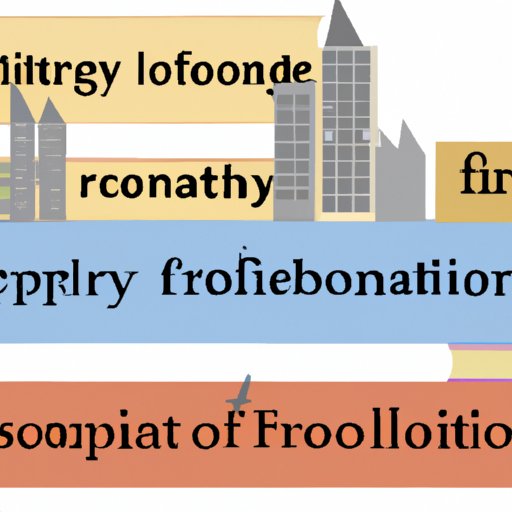Introduction
Fictional literature is a form of writing that uses imaginative characters and events to tell a story. It differs from non-fiction literature in that it does not rely on facts or reality. Instead, it relies on language, symbols, and imagery to create a world of its own. The purpose of fictional literature is to entertain, educate, and inspire readers.
Characteristics of Fictional Literature
Fictional literature often includes imaginary characters and events. These characters and events can be based on real life, but they are usually exaggerated or embellished for dramatic effect. The language used in these stories is also important. Writers use figurative language, imagery, and symbolism to create vivid and compelling stories.
It is also important for readers to suspend their disbelief when reading fictional literature. This means that they should accept the story as if it were true, even though they know it isn’t. Suspending disbelief allows readers to fully immerse themselves in the story, creating a more meaningful and enjoyable experience.
Types of Fictional Literature
There are many different types of fictional literature, including novels, short stories, poetry, and plays. Novels are typically longer works of fiction, often spanning hundreds of pages. Short stories are shorter works of fiction, usually between one and twenty pages. Poetry is another type of fictional literature, which uses creative language, imagery, and symbolism to tell a story. Plays are written in script format and performed onstage.
The History of Fictional Literature
Fictional literature has ancient roots, with some of the oldest known works being the Epic of Gilgamesh and the Iliad. Over time, different genres of fiction developed, such as romance, horror, science fiction, fantasy, and more. In modern times, fiction has become increasingly popular, with many authors achieving great success and recognition.

The Impact of Fictional Literature on Society
Fictional literature has had a profound impact on society. Reading fiction can provide numerous benefits, such as enhancing knowledge and understanding, improving imagination and creativity, and cultivating morality and values. Reading fiction can also help readers understand different perspectives and encourage empathy.

Exploring the Benefits of Reading Fictional Literature
Reading fiction can enhance knowledge and understanding. According to a study conducted by the University of Toronto, reading fiction can improve readers’ ability to understand complex situations and make decisions. The study found that readers who read fiction had greater insight into other people’s emotions and thoughts than those who did not read fiction.
Reading fiction can also improve imagination and creativity. Fictional stories often provide readers with new ideas and ways of thinking. By engaging with these stories, readers can develop their own creativity and come up with unique solutions to problems.
Finally, reading fictional literature can cultivate morality and values. Many fictional stories explore moral dilemmas and the consequences of our actions. Through reading these stories, readers can learn about the importance of making ethical decisions and developing positive values.
Conclusion
Fictional literature is an important part of our culture. It has been around for centuries and has had a profound impact on society. It can provide readers with entertainment, education, and inspiration. It can also help readers understand different perspectives and encourage empathy. Reading fiction can enhance knowledge and understanding, improve imagination and creativity, and cultivate morality and values.
(Note: Is this article not meeting your expectations? Do you have knowledge or insights to share? Unlock new opportunities and expand your reach by joining our authors team. Click Registration to join us and share your expertise with our readers.)
